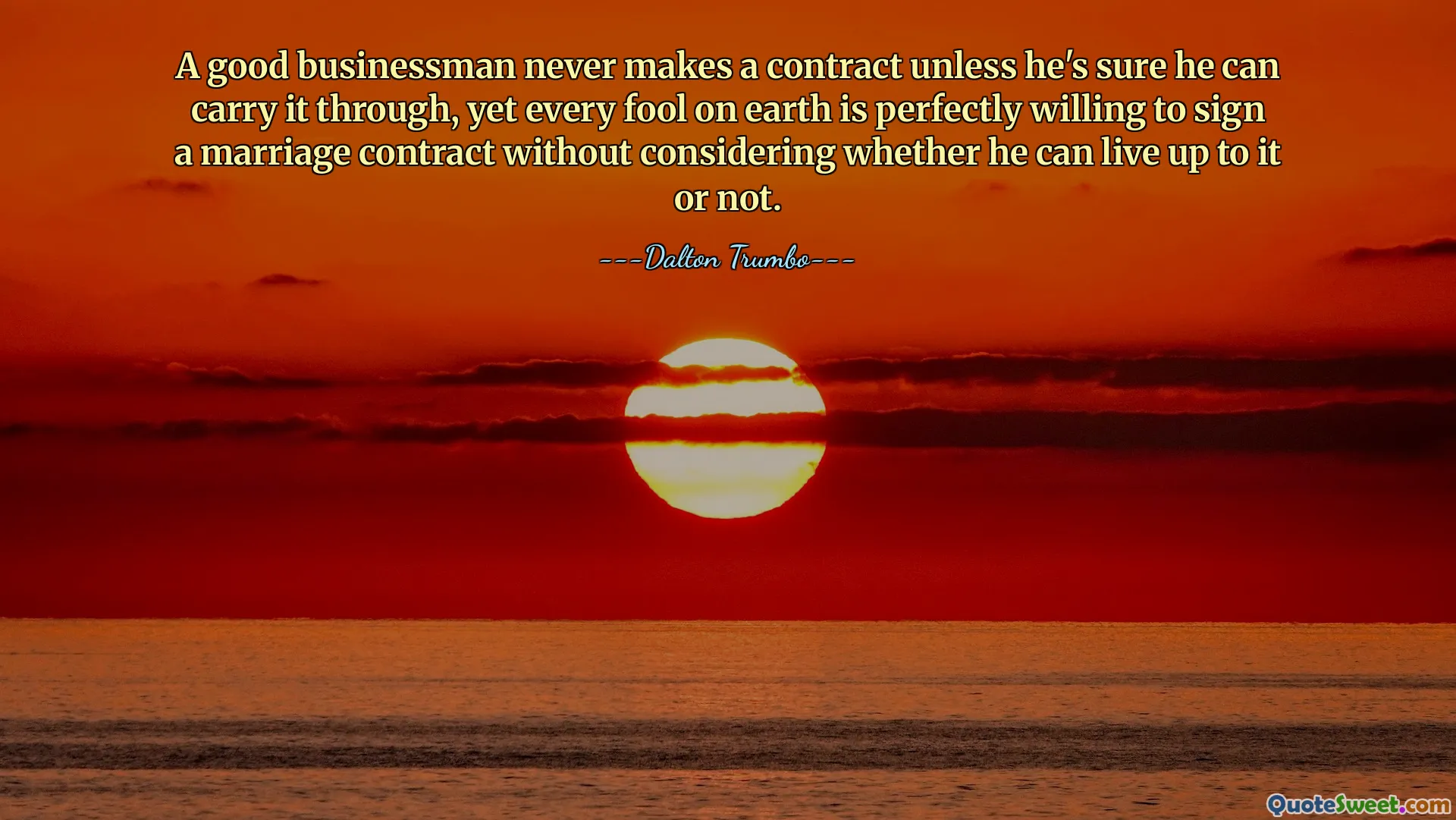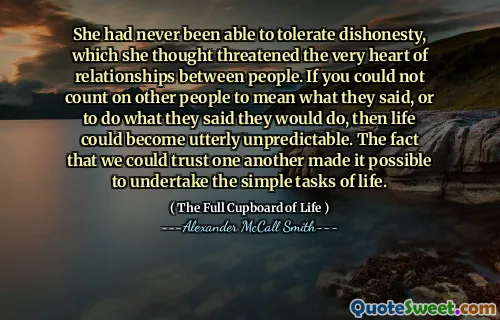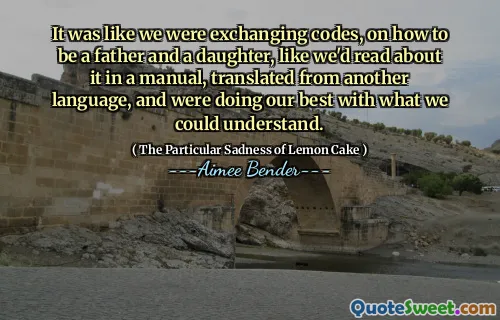
A good businessman never makes a contract unless he's sure he can carry it through, yet every fool on earth is perfectly willing to sign a marriage contract without considering whether he can live up to it or not.
This quote highlights the often contrasting attitudes humans have when approaching different types of commitments. In the realm of business, prudence and caution are valued as essential virtues—it's expected that a businessman thoroughly assesses his capacity to fulfill contractual obligations before entering into them. Such careful deliberation safeguards not only the individual's interests but also maintains fairness and trust in commerce. Conversely, the quote draws attention to the paradox that many individuals are willing to enter into personal commitments like marriage without a similar level of scrutiny regarding their ability to uphold those promises. It underscores a tendency for impulsiveness or idealism in personal relationships compared to the pragmatic approach typically adopted in business. This discrepancy may stem from the romanticized view of love and marriage, where emotional attachment often clouds judgment about compatibility, resilience, or long-term viability. It suggests that adults should approach marriage with the same conscientiousness employed in business dealings—considering whether they are truly prepared to commit, to adapt, and to build a life together. The underlying message challenges us to evaluate the seriousness and responsibilities that come with lifelong commitments, emphasizing responsibility, honesty, and self-awareness. Recognizing that commitments, whether financially or emotionally, require genuine dedication is fundamental for genuine fulfillment and stability. By reflecting on this, individuals might better appreciate the importance of integrity and foresight in all areas of life, cultivating relationships and agreements grounded in mutual understanding and responsibility.











